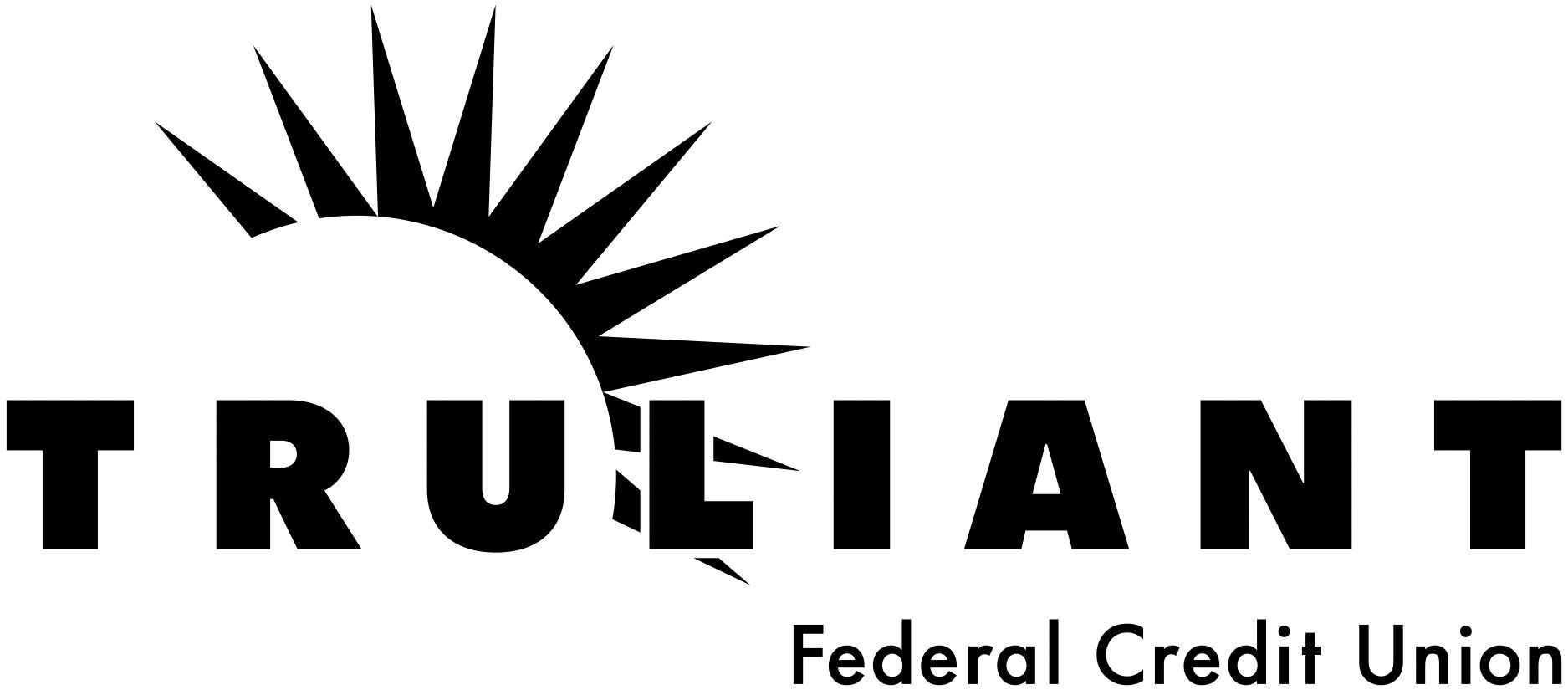What are the Construction Loan Requirements?

Understanding Construction Loan Requirements
Construction loans are one of the many loan products we make available to our members at Truliant Federal Credit Union. Here are some helpful tips to consider and be aware of as you begin your journey.1. Credit Score and Income Minimums
With any type of loan, you’ll want your credit to be in tip-top shape. Construction loans and mortgages, especially, require good credit to get approved, so make sure to review your credit report many months before you’re in the market and work to increase your score. Pay down debt, get debt-to-income as low as possible and make sure there are no errors on your report. Additionally, don’t make any large purchases in the months before you’re going to apply for a construction loan. Most lenders typically want a minimal credit score of 680 for the loan to be considered, some want the score to be 720 or better.
2. Income
With a solid history of good credit and a promising credit score, your income is another aspect lenders take into consideration. All lenders will ask for financial verification documents to confirm you’re situated financially to repay the loan. A low debt-to-income ratio is another positive on your behalf.
3. Down Payment
Generally, lenders want the borrower to cover between 20% and 25% of the construction project's costs with their down payment.
4. Creating a Detailed Plan for Your Construction Project
Lenders like to see that the borrower has carefully planned out their construction project before borrowing funds. Many financial institutions offering construction loans will want to see plans and specifications of the house.
Take the time to compile your blue book before you start looking for financing for your construction project. The more prepared and organized you are when you apply, the better you'll look in the eyes of the lender.
5. Selecting a Builder You'll Work With on Your Project
You should already have a builder lined up to work with on your project before you apply for financing. You should make sure that your builder is licensed and insured residential builder. If you need help finding a builder, the National Association of Home Builders local association’s directory could help.
It will most likely be harder to acquire financing for your project if you're using an amateur builder or if you're trying to carry out construction work yourself. It's important to put a lot of thought into who you select as the builder for your envisioned construction project.
6. Getting an Appraisal Amount for the Envisioned Project
You need more than just financial projections and detailed building plans when you apply for a construction loan. You also need to have an appraisal performed. This appraisal will detail what the value of both the building structure and land the structure is on will be once the project is complete.
If a home is being built on the property, your appraisal will be an estimation of the future value of your home. The lender might want to have their own appraisal performed on your project when you apply for your construction loan and you might want to have a personal appraisal performed before you apply for a construction loan, too. This will allow you to get an idea of what the results of your construction project should be worth.
7. Construction Loan Rates
Very few lenders offer a guaranteed rate construction loan. Some have products with an option to pay a fee to “lock” the rate during the construction phase, and some lenders products are set up to do that automatically at the end of the construction phase. Other lenders may have a product that requires a second closing and rate and the term may be re-negotiated for the permanent financing.
Understanding all your options, and the variables involved with construction loan rates and requirements can be beneficial.






